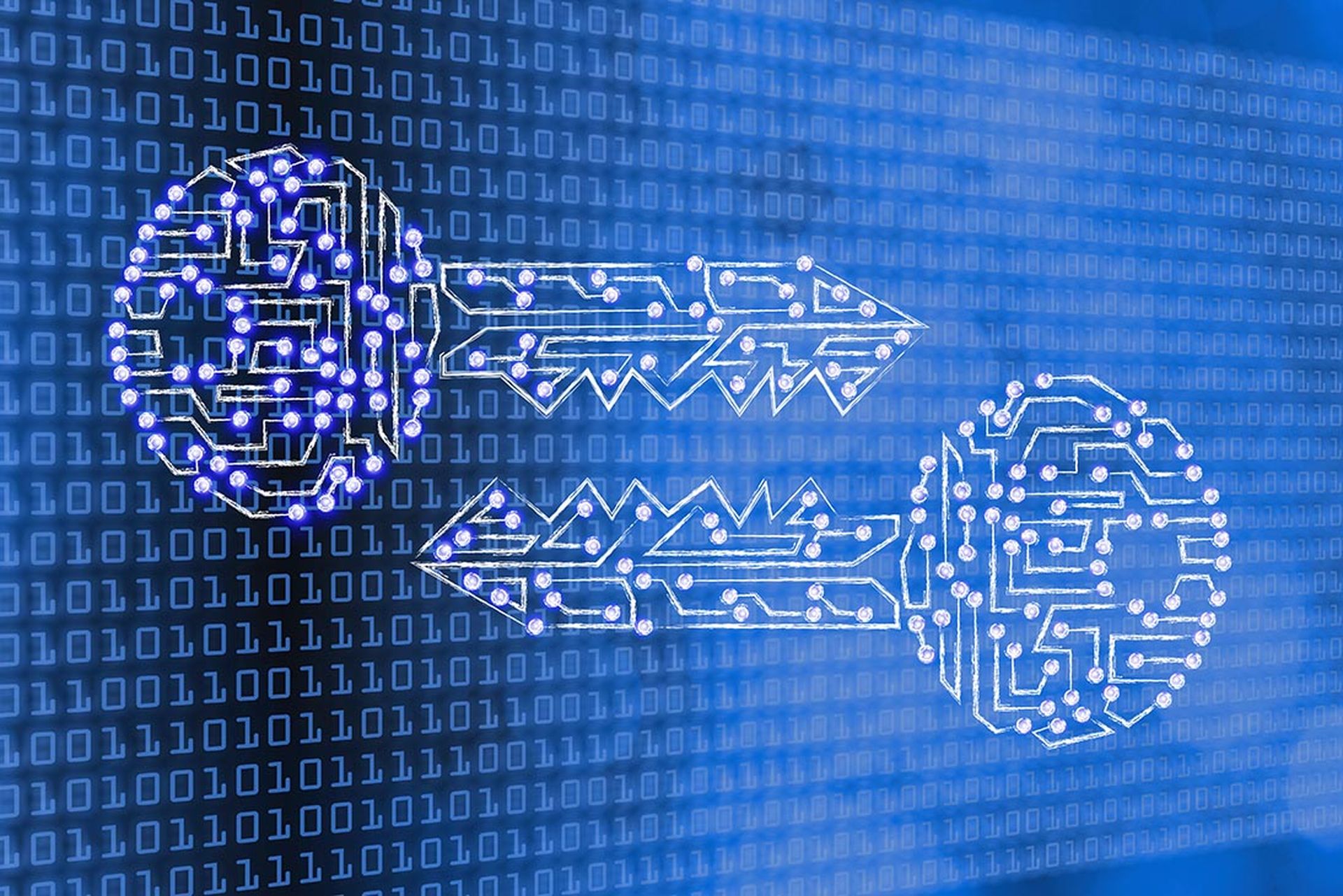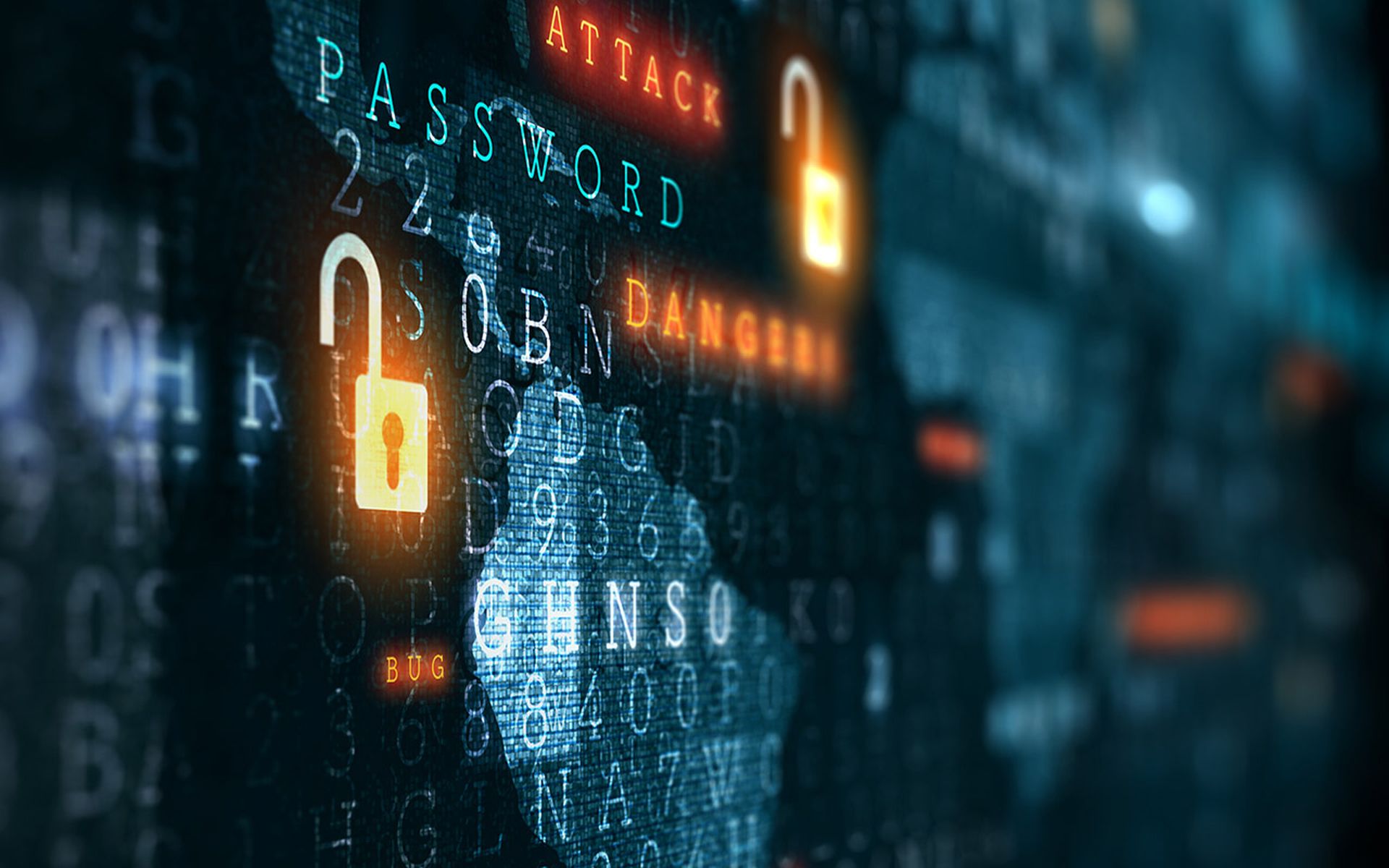Deploying 5G networks could enable smart cities and first responders to have improved communication reliability and quicker data transfers, as well as intelligent edge computing capabilities but such technology also involves cybersecurity risks, reports Government Computer News.
State and local governments leveraging 5G could provide better tools and systems for first responders, as well as facilitate improved real-time collection of troves of data, but 5G technology also ups the likelihood of untrusted components that could be exploited by malicious actors, according to a report from the Department of Homeland Security's Science and Technology Directorate.
The scheduled deployment of 6G by 2030 would further enhance network efficiency and optimization to facilitate faster delivery of government services but state and local governments should address legacy security flaws before the technology could be securely adopted.
"Organizations must balance adoption of these capabilities against the risks and uncertainties in play with both technologies," said S&T Senior Tech Scout Mark Fry.
Security Program Controls/Technologies, Security Strategy, Plan, Budget, Asset Management, Risk Assessments/Management
Report: 5G benefits cities but cyber risks remain
Share
Get daily email updates
SC Media's daily must-read of the most current and pressing daily news



